NEWS
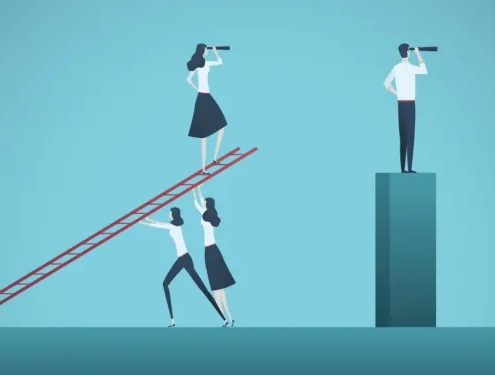
Reforming Research Assessment Key to Greater Gender Equity in Academia?
On International Women's Day, ALLEA Digital Salon speaks to Prof Lara Keuck on how academia can step up its game to address gender inequities in science.
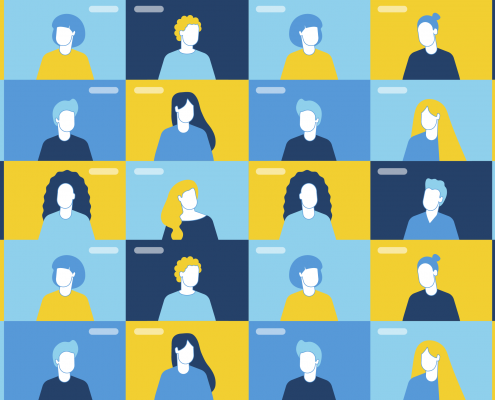
EFDS Programme Announces Second Round Results: Supporting Displaced Scientists in Ukraine and Europe
The European Fund for Displaced Scientists (EFDS) Programme, launched in partnership with the Breakthrough Prize Foundation, has announced the results of its second round of funding.
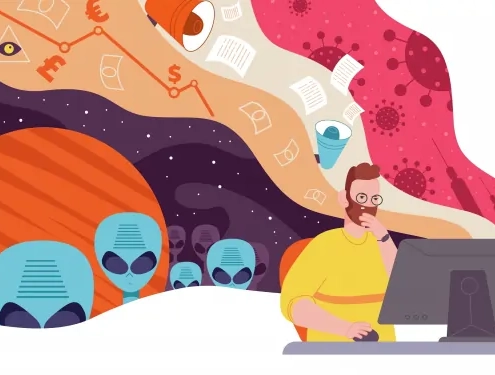
“We Need Professional Scientific Journalism Back”
Dr Carlo Martini, head of PERITIA's work package on Behavioural Tools for Building Trust, speaks to ALLEA Digital Salon on how people can spot scientific disinformation and the importance of professional scientific journalism during a crisis.
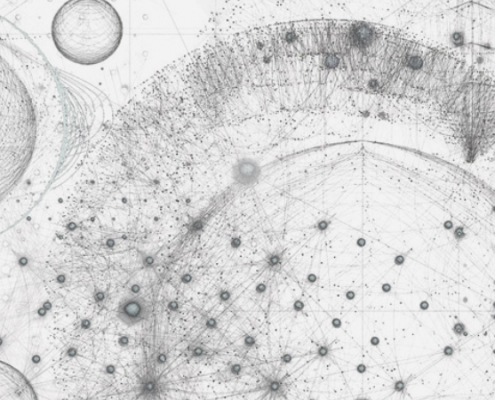
Breakthrough Prize Opens Public Nominations for 2024 Prizes
ALLEA is proud to continue its partnership with the Breakthrough Prize for the upcoming 2024 awards in fundamental physics, life sciences, and mathematics.
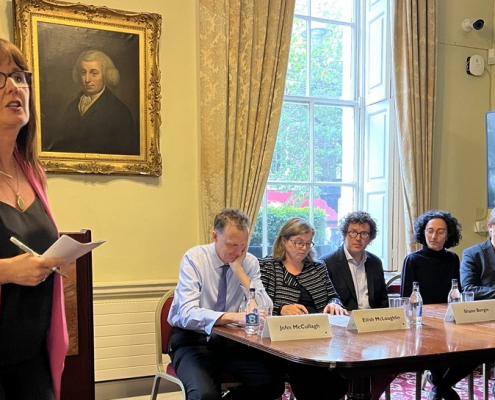
Event Report on the ALLEA-RIA Symposium on “International Reflections on STEM Education”
Today, ALLEA published an event report summarising the key take-aways from the recent symposium "International Reflections on STEM Education" which took place in 2022.
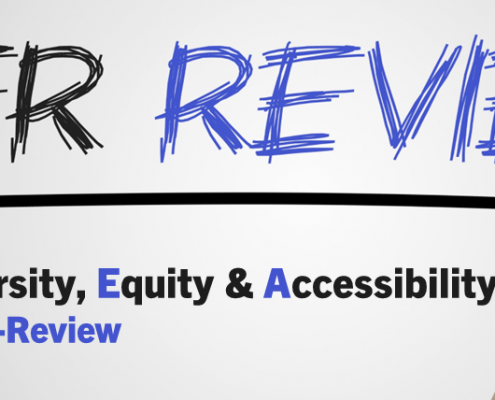
Reflections on the ALLEA-GYA-STM webinar on “Inclusion, Diversity, Equity and Accessibility in Scholarly Peer Review”
On 17 November, ALLEA, the Global Young Academy and STM convened a moderated panel discussion about “Inclusion, Diversity, Equity and Accessibility (IDEA) in Scholarly Peer Review". The full recording, as well as a short event report, are now available online.

ALLEA Advocates for EU-Wide Secondary Publication Rights and Better Negotiation of Future “Big Deals”
In its latest statement, the European federation of academies of sciences and humanities (ALLEA) evaluates the undesirable effects of current “big deals” and provides recommendations for research institutions, libraries, and policymakers on how to arrive at a more equitable system for sharing and accessing research publications under the new EU copyright rules.
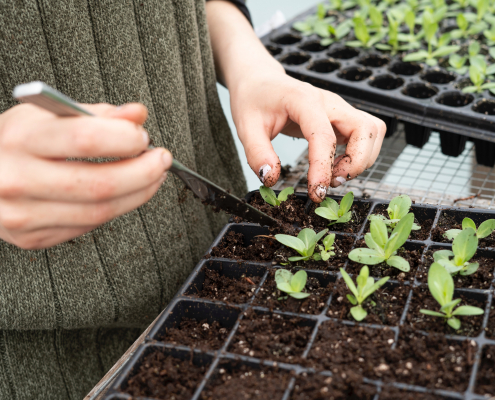
ALLEA Launches New Task Force to Investigate the Intellectual Property System for New Genomic Techniques
When considering the potential of New Genomic Techniques, such as genome editing using the CRISPR-Cas technology, the protection of intellectual property rights is a critical concern. To address these issues in support of a more equitable system, ALLEA has established a dedicated Task Force consisting of some of Europe’s leading experts on the topic.
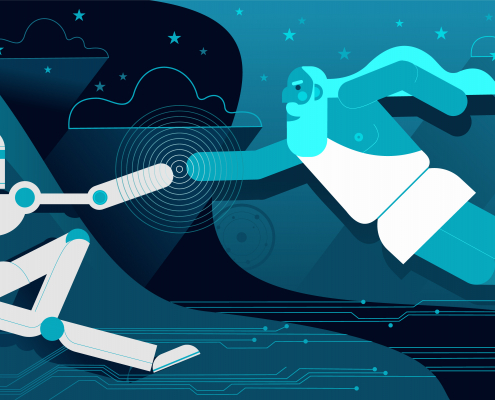
“Questions, Not Answers, Are Better Suited to Start a Reflection on Ethical Issues”
TechEthos published a report on the ethical issues that need to be considered for three technology families: Digital eXtended Reality, neurotechnologies, and climate Engineering. In this Digital Salon interview, we speak with the lead author of the report, Dr Laurynas Adomaitis, on the ethical dilemmas inherent to emerging technologies.

Europe Needs More Strategic Crisis Management, Academies Advise European Commission
Europe's academies and networks played a central role in the scientific advice on crisis management handed to European Commissioners today in the European Parliament in Strasbourg.

FSCC 2.0: Documentation Portal and Policy Recommendations Launched
The policy recommendations from the Future of Science Communication 2.0 can now be found on the interactive portal documenting both the first virtual conference, held in June 2021, and FSCC 2.0. The portal includes keynote speeches, panel discussions, and short summaries and video snapshots of the four interactive workshops.

The Path to Inclusive Science Paved with Preprints?
In this conversation with Dr Jessica Polka, Executive Director and Co-Founder of ASAPbio (Accelerating Science and Publication in biology), we talk about the productive use of preprints, as well as the critical role for transparent and open peer review in making research more accessible, diverse, inclusive and equitable.
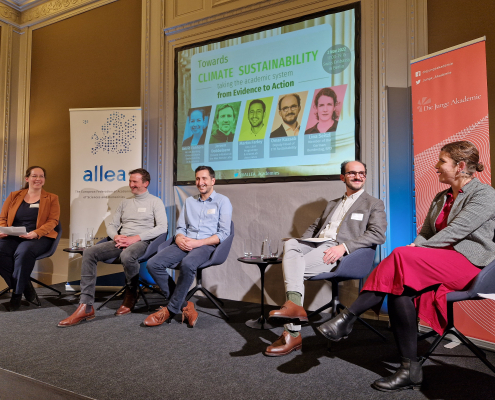
Towards Climate Sustainability – ALLEA at the 2022 Berlin Science Week
How can the academic system become more climate sustainable? This is the main question we posed at this year's Berlin Science Week in a joint event with the Swiss Embassy in Berlin and Die Junge Akademie on 2 November 2022.
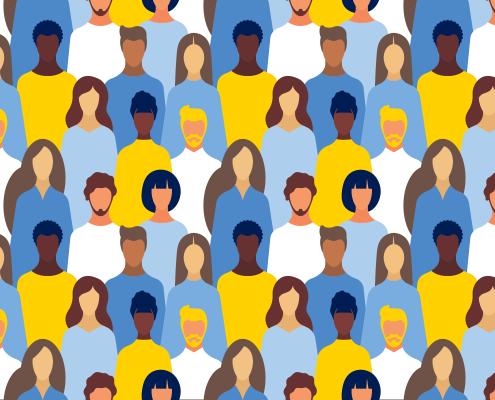
ALLEA Announces First Results of Support Programme for Ukrainian Science
The European Fund for Displaced Scientists Programme (EFDS) was set up to provide financial support for Ukrainian scientists and institutions that have been affected by the war. A total of up to 100 Ukrainian scientists will benefit from the programme.
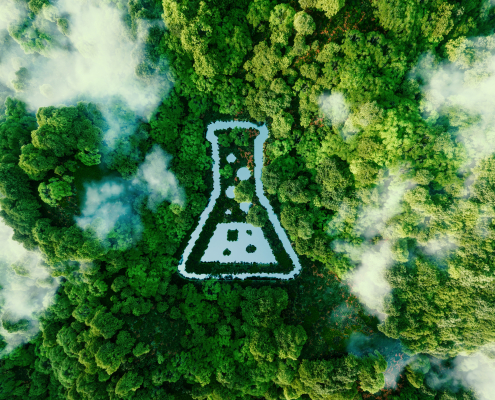
Fighting for Sustainable Science – One Lab at a Time
What can labs do to reduce their climate impact? In this interview, we talk to Martin Farley, Europe’s first full-time sustainable laboratory specialist, to understand the challenges and opportunities in the quest to improve the environmental impact of laboratories, one of the most resource and energy intensive spaces in academia.

